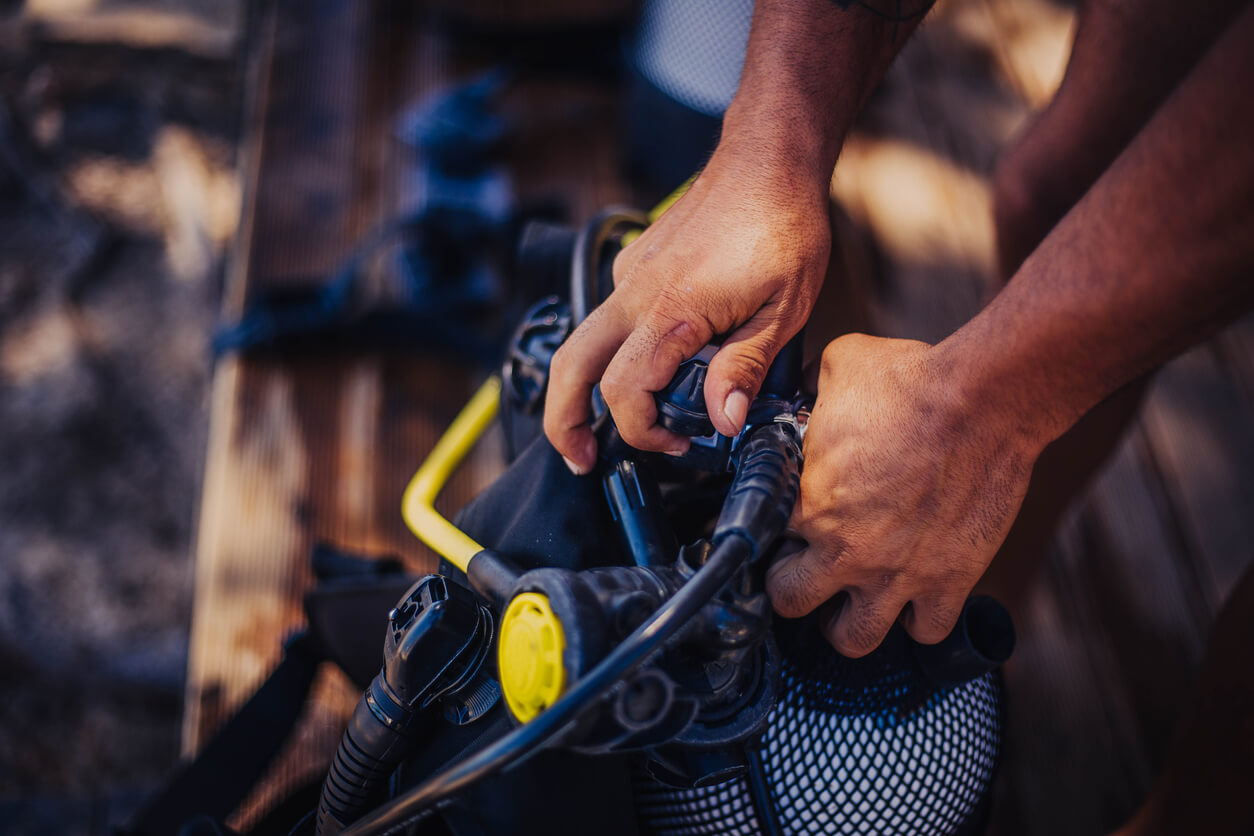Naturally, oxygen is one of the most critical gases in a scuba tank because humans cannot live without it. While divers need oxygen to stay coherent underwater, this gas doesn’t act independently. Oxygen can affect the central nervous system at high partial pressures, so it needs to be mixed with other gases to keep divers healthy as they dive deeper. Tank mixtures with oxygen are similarly important for recreational diving.



